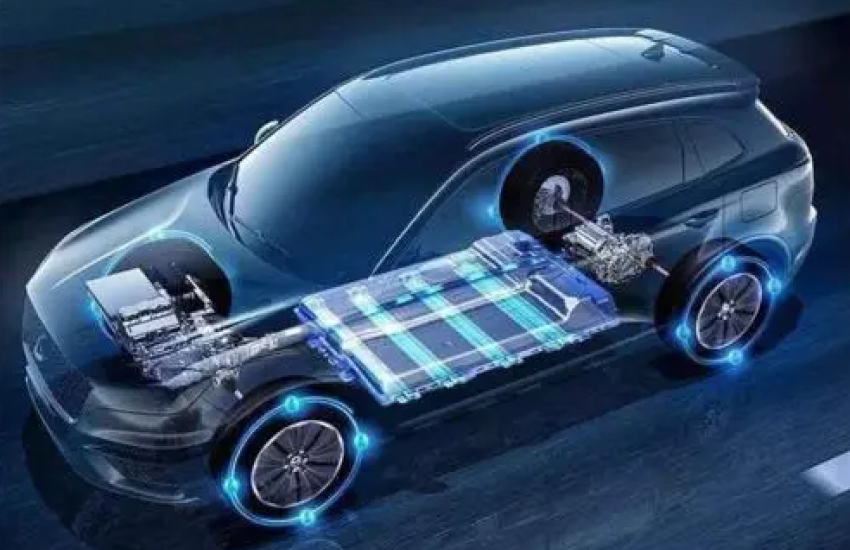What are the characteristics of lithium iron phosphate batteries?
At present, lithium iron phosphate batteries have entered the mainstream market and are used in the electric passenger car market and the electric passenger car market respectively. The standard working voltage of lithium iron phosphate battery is about 3.2V, and the energy density of lithium iron phosphate battery is about 100-125wh/kg. Of course, this is not the highest density at this stage, but the density of power batteries that have been installed in some vehicles.
Lithium iron phosphate batteries involve the decomposition of positive electrode materials in the process of use. The decomposition temperature of lithium iron phosphate batteries is 700 ° C, and lithium iron phosphate batteries can only release 54% at low temperatures, so lithium iron phosphate is installed in northern winters. The cruising range of battery-powered electric vehicles has dropped particularly rapidly. Now some electric vehicles have been equipped with power battery temperature control systems, which can keep the power battery in a most suitable operating temperature range.
The lithium iron phosphate battery is made of an olivine-structured LiFePO4 material, which is connected to the positive electrode of the battery by an aluminum foil. The negative electrode of the battery composed of carbon (graphite) is connected to the negative electrode of the battery by a copper foil. In the middle is a polymer separator, which separates the positive and negative electrodes, through which lithium ions can pass but electrons cannot. The interior of the battery is filled with electrolyte, and the battery is hermetically sealed by a metal casing. The characteristics of lithium iron phosphate batteries are:
1) The energy density is high. The single-cell energy density of the square aluminum-shell lithium iron phosphate battery mass-produced in 2018 is about 160Wh/kg, and the single-cell energy density of the mass-produced lithium iron phosphate battery in 2019 reaches the level of 175-180Wh/kg. The single energy density of lithium iron phosphate battery reaches 185Wh/kg.
2) Good safety performance. The electrochemical performance of the cathode material of lithium iron phosphate battery is relatively stable, which determines that it has a stable charging and discharging platform. Therefore, the structure of the battery will not change during the charging and discharging process, and it will not burn and explode. , extrusion, acupuncture and other special conditions, it is still very safe. Because the thermal runaway temperature of lithium iron phosphate batteries is generally above 500 °C, ternary lithium batteries are lower than 300 °C, and some high-nickel batteries are even lower than 200 °C. Low risk of spontaneous combustion during fast charging.
3) Long cycle life. Because the number of charge and discharge cycles of the lithium iron phosphate battery is more than 3500 times, it will start to decay, which means that its service life can be as long as about ten years, but the number of charge and discharge cycles of the ternary lithium battery is only 2000 times, which means that its use The lifespan is only 6 years, which shows the gap between the two. The 1C cycle life of lithium iron phosphate batteries generally reaches 2,000 times, or even more than 3,500 times, while the energy storage market requires more than 4,000 to 5,000 times, ensuring a service life of 8 to 10 years, which is higher than the 1,000 cycles of ternary batteries. The cycle life of long-life lead-acid batteries is about 300 times.
4) Safety and environmental protection. The lithium iron phosphate battery does not contain any heavy metals and rare metals, is safe, non-toxic and pollution-free, and is an absolute green battery. Since the whole production process of lithium iron phosphate material is clean and non-toxic, all raw materials are non-toxic and non-polluting.
5) The manufacturing cost is lower, because the lithium iron phosphate battery has no precious metals, so the production cost is lower. On the other hand, the ternary lithium battery uses cobalt metal, which leads to high cost.




